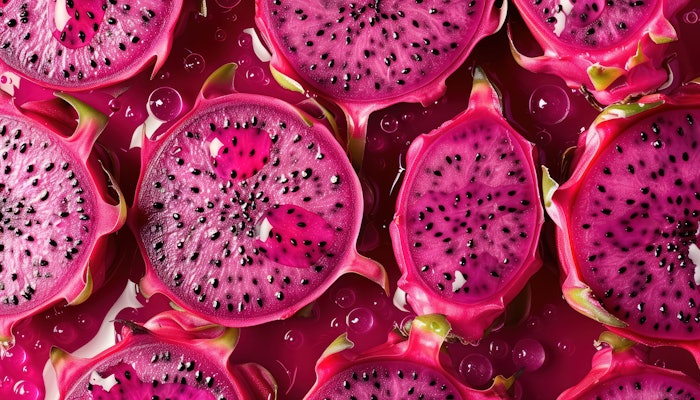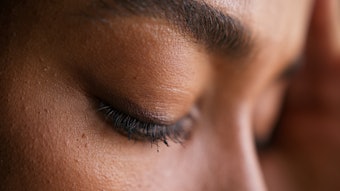
Sleep studies revealed that 90% of adults worldwide regularly consume common sleep disruptors like caffeine and sugary foods. But, here’s the twist: some seemingly innocent or even "healthy" foods could be silently affecting sleep health, and they’re not the ones you’d expect. Sleep experts at OneBed have identified lesser-known sleep-disrupting foods that might be hindering rest.
1. Dragonfruit
Dragonfruit might look like a sleep-friendly snack, but it’s anything but. This exotic fruit is loaded with magnesium and vitamin B6, nutrients that boost brain activity and cognitive function during the day. Combine that with its natural sugars, and you’ve got a fruit that keeps the brain in high gear instead of shifting into sleep mode.
2. Protein Bars
Protein bars are the ultimate multitaskers—great for workouts, terrible for winding down. Their dense amino acid profiles require significant digestion, forcing the metabolism to work overtime when it should be slowing down. That post-gym snack might be keeping the body in "go mode," directly competing with the chill-out signals needed for sleep.
3. Kombucha
This fizzy drink might be a wellness favorite, but it’s no friend to healthy sleep. The fermentation process in kombucha creates tyramine—a compound that stimulates the nervous system—and trace amounts of caffeine. Together, they’re like a double punch to relaxation.
Related: Sleepmaxxing is the Latest Viral Sleep Trend
4. Pickled Foods
Pickles and other fermented foods are another unexpected disruptor. They’re packed with tyramine and histamines, which interfere with melatonin production—the body’s natural sleep hormone. These tangy troublemakers aren’t just tasty—they’re working against the body’s natural rhythm.
5. Green Tea Ice Cream
It’s creamy, it’s delicious, and it’s surprisingly bad for bedtime. Green tea ice cream is a sneaky triple threat: caffeine, sugar and L-theanine. While L-theanine can be calming during the day, it interacts differently at night, overstimulating the brain when it should be winding down. Add refined sugar into the mix, and you’ve got a dessert that fuels mental chaos instead of peaceful dreams.
6. Spirulina
Spirulina may be a superfood, but it’s a sneaky stimulant when it comes to sleep. Its high protein and amino acid content can trigger mild adrenal responses, subtly energizing the body instead of letting it relax. While it’s excellent for daytime energy and focus, consuming it too close to bedtime can turn the body into a metabolic buzz machine.
7. Cured Meats
Salami, bacon, and other cured meats might make a delicious snack, but they’re also loaded with tyramine. This compound is notorious for stimulating brain activity, and when combined with the protein density of cured meats, it’s a recipe for alertness instead of rest. They’re salty, they’re satisfying, but they’re definitely not best for bedtime.
The Expert Take
These foods aren’t villains—they’re just misunderstood players in the sleep game. Their impact on rest comes down to timing, how much you eat, and your body’s unique response. The key? Avoid these sneaky disruptors at least four to five hours before bedtime. Think of your diet as an extension of your bedtime routine: just like dimming the lights or switching off your screens, eating the right foods at the right time sets the stage for deep, uninterrupted sleep.
A pro tip? Trust your body over the latest food trends. Sleep isn’t just about cutting out the wrong foods—it’s about creating balance in everything you eat throughout the day. Get your diet in sync with your sleep, and you’ll wake up refreshed and ready to take on the day.










